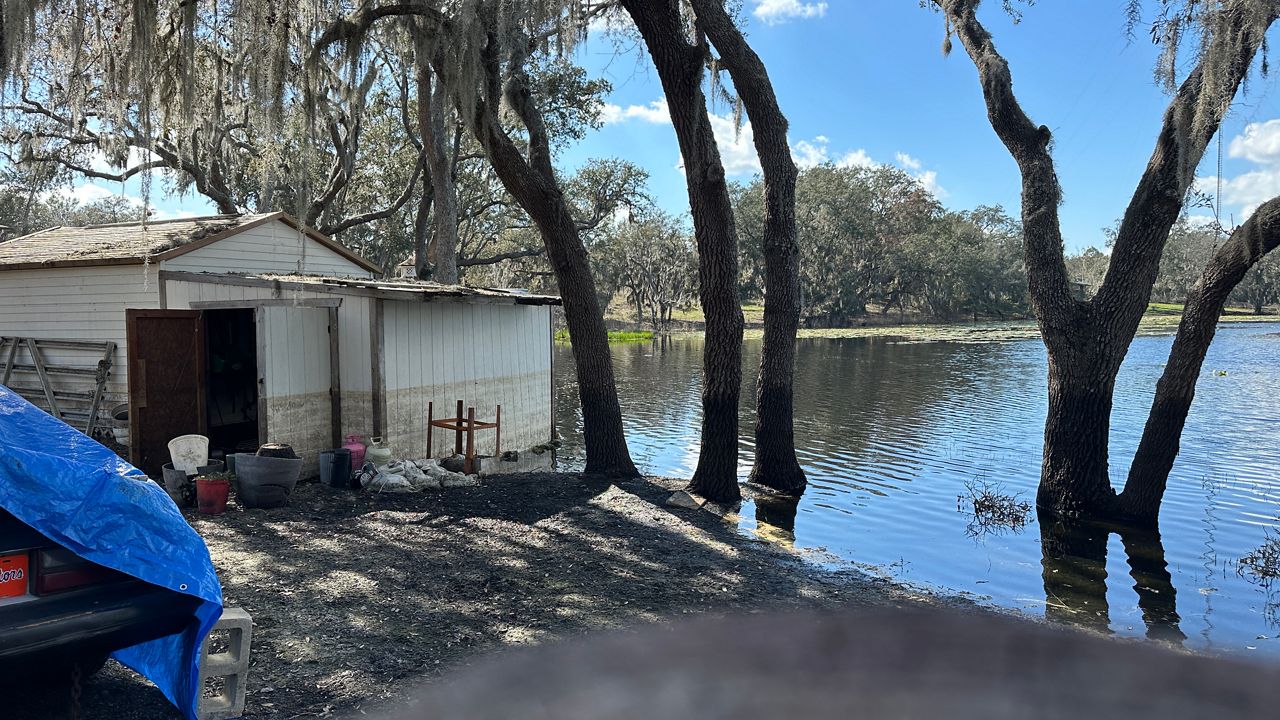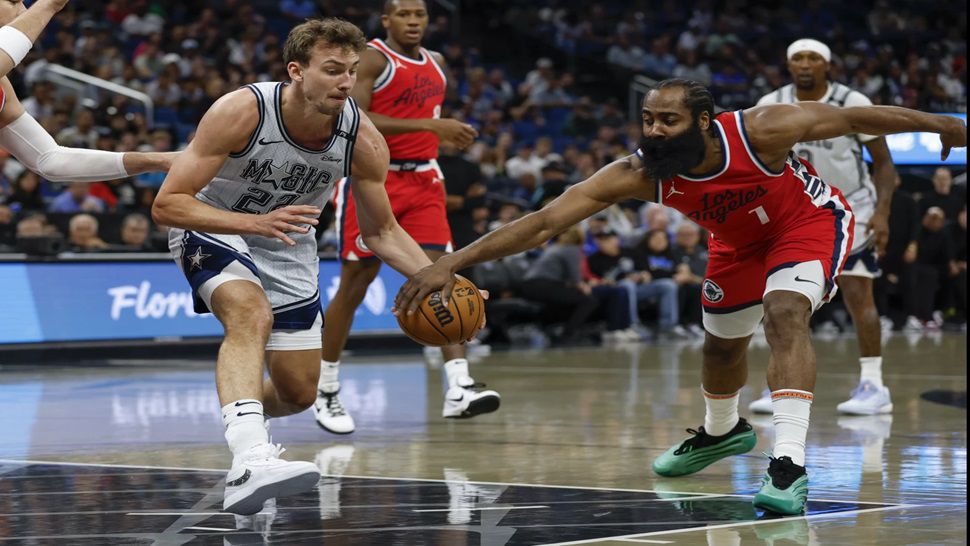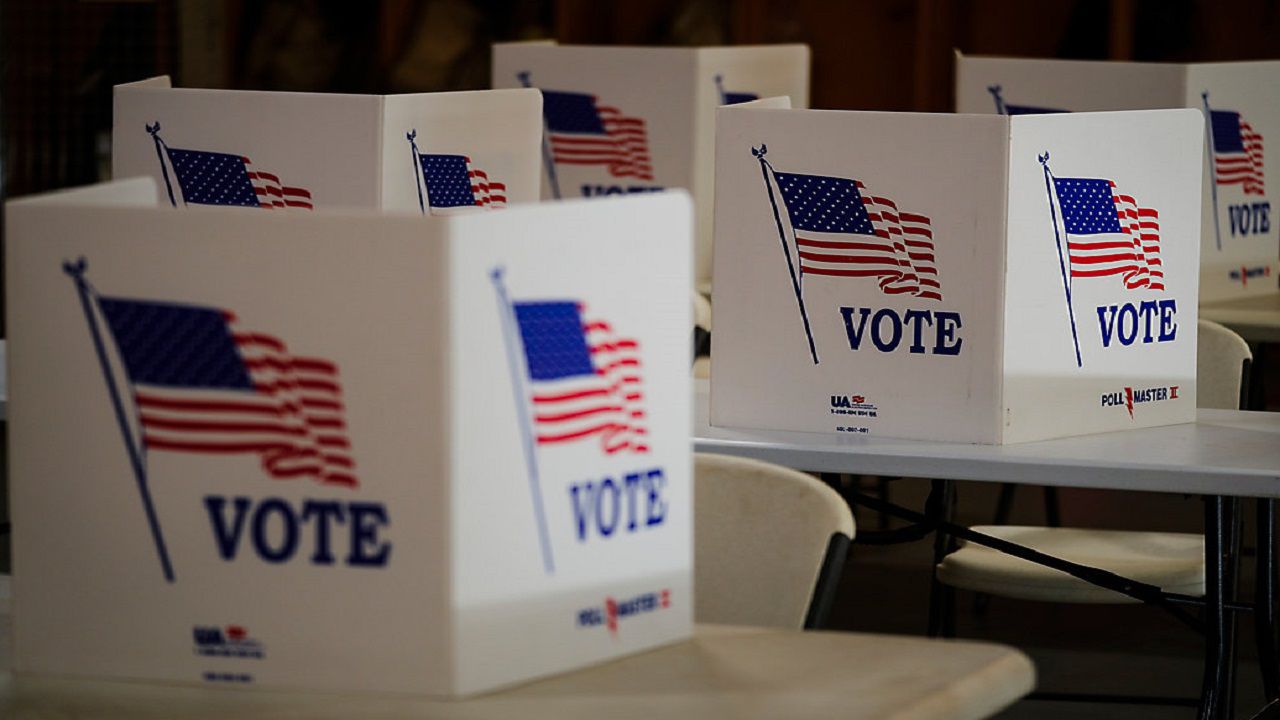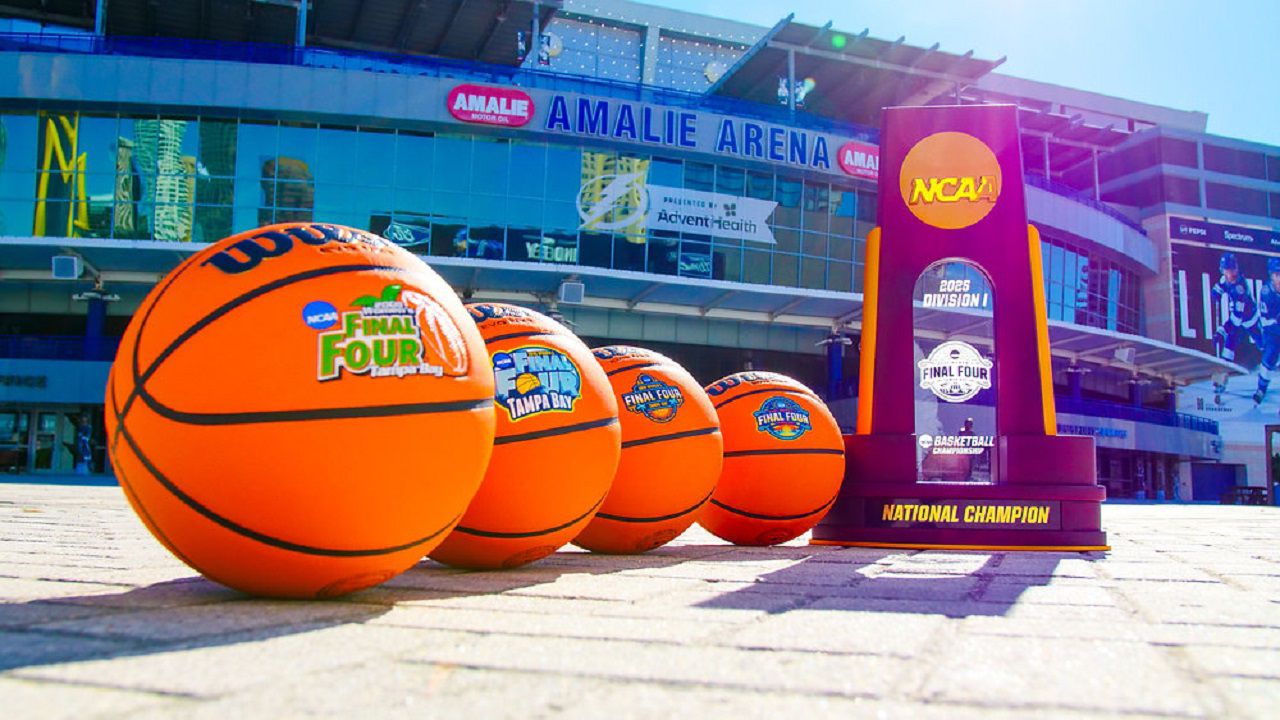ORLANDO, Fla. — As the upcoming 2024 election approaches, there’s a group of society that lags behind other racial and demographic groups when it comes to voter participation.
Pew Research estimates Black Americans will make up about 14% of the electorate in this November’s presidential election.
But while Black women make up a higher percentage of women who vote, Black men make up a smaller percentage of overall men who vote.
That data shows Black women’s participation in election is about 10 percentage points higher than Black men.
In an election that could be close, campaigns know getting out the vote among all parts of the electorate could be key.
Marquis McKenzie says cleaning is something his mother would not cut corners on — and that meant neither could her children.
“We used to hate her for it because she would have us to the most tedious things, like pull out the refrigerator and clean behind, clean under the stove,” he said.
The attention to detail came in handy when, at just 16 years old, McKenzie found himself locked up for armed robbery. Despite the prison sentence, he said he found pride in something he knew he could do well.
“My dorm came in first place for six months straight, so I’m like if I’m doing this for free, when I get out I might as well do it because I didn’t think any establishment would be worse than cleaning a prison,” said McKenzie. “So it’s something I learned a passion for at an early age.”
When he was released from prison, he had trouble moving up in jobs because of his felony conviction, so he eventually started his own cleaning business.
“I was like, you know what, let’s just go for it,” said McKenzie.
But even a successful business owner, it took 10 years for McKenzie to regain his right to vote, only after Florida voters approved a ballot amendment pushed by the Florida Rights Restoration Coalition.
He now works for the organization to help other returning citizens returning from incarceration fully regain their voting rights. He said the state voter registration system, though, can create confusion.
“We’ve seen people who felt they were whole-heartedly eligible to vote receive a voter registration card, and then they go vote and turn around and get arrested,” he said.
He said that can lead to apathy.
“They just totally check out of the process, right?" he said. "Even those who are eligible or right there at the finish line, one little hiccup, can cause them to not want to be involved in democracy, which is crazy."
McKenzie said when he first got out of prison, he didn’t care about voting.
“I think for a lot of people, they don’t understand it so they stay away from it," he said. "And I didn’t think voting was necessary, and I didn’t think it was a tool I needed to survive, so it was the last use of my worries, to be honest,."
Now that he can vote again, McKenzie said he doesn’t miss an election. But he gets why other Black men don’t vote.
With that segment of society disproportionately incarcerated, McKenzie says even if they regain their voting rights, many don’t care to vote. He said those running for office must make the connection.
As a small business owner, the economy is everything, and as a father of three, McKenzie is also concerned about education. And if government leaders or candidates aren’t addressing affordable housing, he believes many in his community lose faith in the system.
“Someone who doesn’t have somewhere to live, I would imagine voting’s not a priority to them,” said McKenzie. “Someone who can’t live with their family members because they’re banned because of a conviction, voting’s not going to be something. So having a candidate or an issue that’s on the ballot that can address some of that, or at least try to address some of that, that’s one of the very first thoughts to at least get people to participate."
"If not, they don’t see a reason to be connected to voting," he continued.









